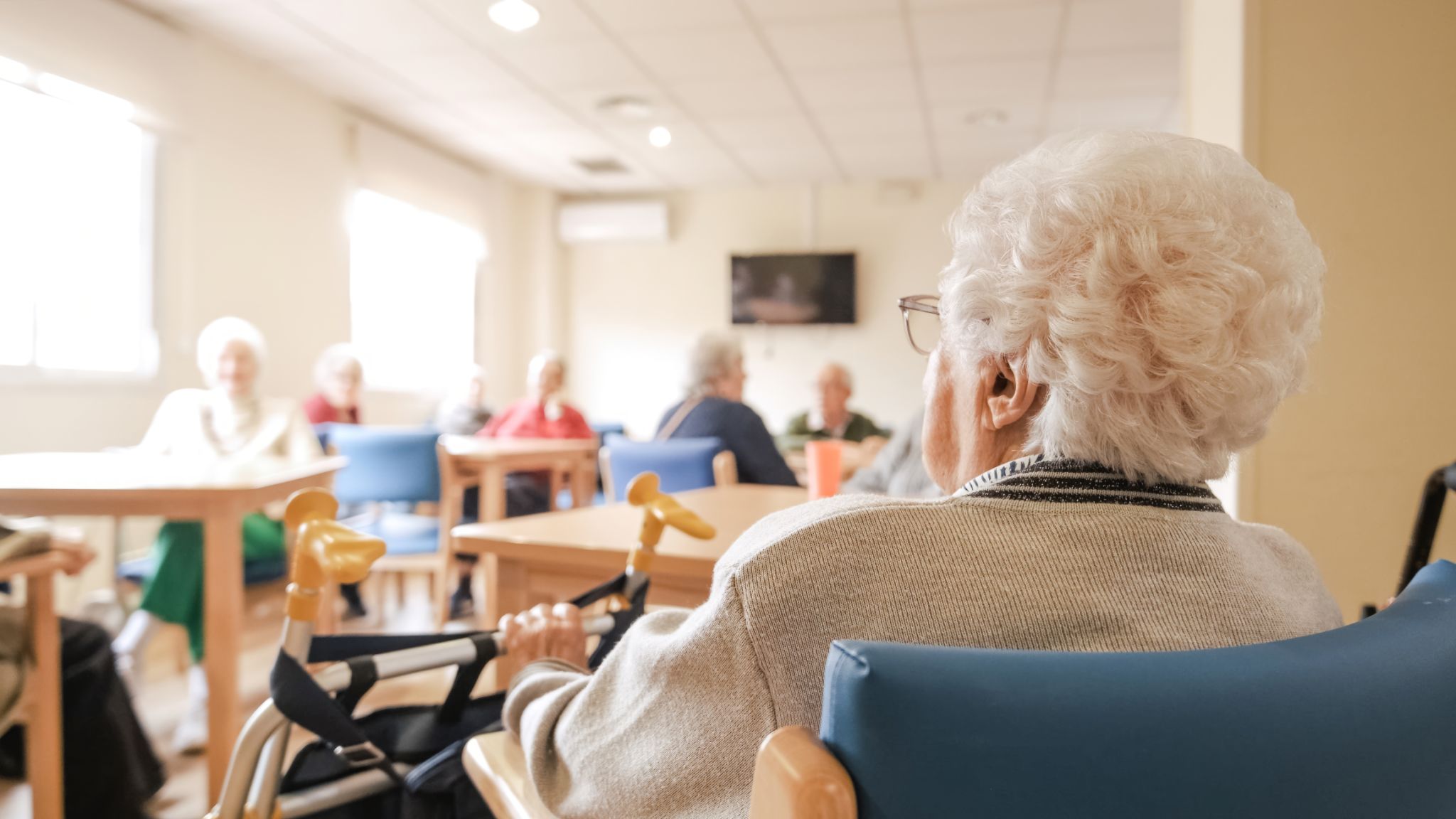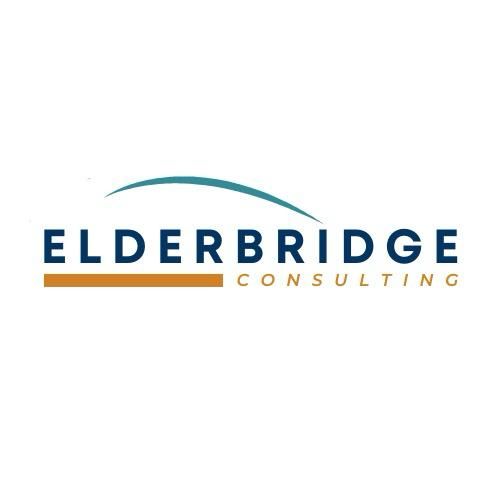The Role of Registered Nurses in Elder Care Consulting: Why It Matters
The Importance of Registered Nurses in Elder Care Consulting
As the global population ages, the demand for specialized elder care services continues to rise. Among the key professionals in this field are registered nurses (RNs), whose expertise and dedication significantly enhance the quality of life for older adults. In elder care consulting, RNs play a crucial role in assessing, planning, and managing care tailored to the unique needs of seniors.

Comprehensive Health Assessments
Registered nurses are adept at conducting thorough health assessments that serve as the foundation for effective elder care. These assessments include evaluating physical, mental, and emotional health, which allows RNs to identify potential issues before they become serious problems. By understanding the complete health picture, nurses can develop personalized care plans that address both current and future needs.
Additionally, RNs use their skills to monitor chronic conditions, ensuring that medication management and treatment plans are both effective and safe for elderly patients. Their ability to interpret complex medical data is invaluable in making informed decisions about a senior's health care journey.
Coordinating Care Across Multiple Disciplines
Another critical role of RNs in elder care consulting is coordinating care among various healthcare providers. Older adults often require services from multiple specialists, such as geriatricians, physical therapists, and nutritionists. Registered nurses act as liaisons, ensuring that all aspects of a senior's care are seamlessly integrated and communicated across disciplines.

By fostering collaboration among healthcare providers, RNs help prevent gaps in care that could lead to adverse health outcomes. Their ability to provide continuity of care is especially important in managing transitions between home, hospital, and long-term care facilities.
Advocacy and Education
Registered nurses are strong advocates for their elderly patients. They work diligently to ensure that seniors receive the care and respect they deserve while also empowering them with knowledge about their health conditions. RNs educate patients and their families about managing illnesses, medications, and lifestyle changes necessary for maintaining well-being.
This educational role extends beyond the individual level; RNs often participate in community outreach programs to raise awareness about elder care issues. By sharing their expertise with the broader community, RNs contribute to a greater understanding of aging and the importance of tailored care solutions.

Emotional Support and Compassionate Care
The emotional well-being of seniors is as important as their physical health. Registered nurses provide compassionate care, offering emotional support to elderly patients and their families during challenging times. They are trained to recognize signs of depression and anxiety, which are common among older adults, and can provide or recommend appropriate interventions.
In conclusion, registered nurses are essential to the success of elder care consulting. Their comprehensive assessments, coordination skills, advocacy efforts, and compassionate approach ensure that seniors receive holistic and effective care. As the demand for elder care continues to grow, the role of RNs will remain pivotal in shaping a future where older adults can lead healthier, more fulfilling lives.
